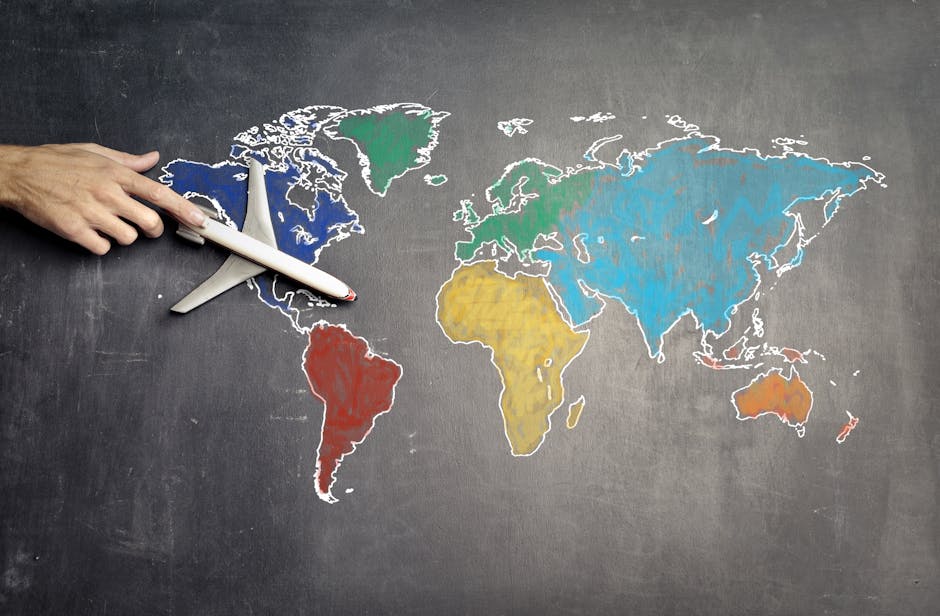
Transnationalism and Global Citizenship
In a world that is becoming increasingly interconnected, the concepts of transnationalism and global citizenship are gaining more significance. These terms represent the idea of a global community that extends beyond national boundaries and emphasizes a sense of belonging to the world as a whole.
Transnationalism refers to the movement of people, ideas, and goods across national borders. It challenges the traditional notion of citizenship tied to a specific nation-state and fosters a sense of belonging to multiple communities or nations. Transnational individuals maintain connections with their home countries while actively participating in the social, cultural, and economic life of their host countries.
Global citizenship, on the other hand, is a concept that emphasizes the responsibilities and rights of individuals as members of a global community. It goes beyond national identity and promotes the idea of shared values, ethics, and responsibilities towards the world.
Transnationalism and global citizenship are closely linked. As people engage in transnational activities, they become more aware of their interconnectedness to the global community. This awareness leads to the development of a global perspective and a sense of global citizenship.
Living in a transnational world offers numerous benefits and challenges. On one hand, transnationalism allows for cultural exchange, economic opportunities, and the sharing of knowledge and ideas. It can lead to the development of diverse and inclusive societies. On the other hand, it can lead to challenges such as identity conflicts, unequal power dynamics, and the erosion of local cultures and traditions.
Developing global citizenship in individuals and societies is crucial for addressing these challenges and harnessing the benefits of transnationalism. Global citizenship education, intercultural dialogue, and international cooperation play vital roles in promoting understanding, respect, and social cohesion in a transnational world.
